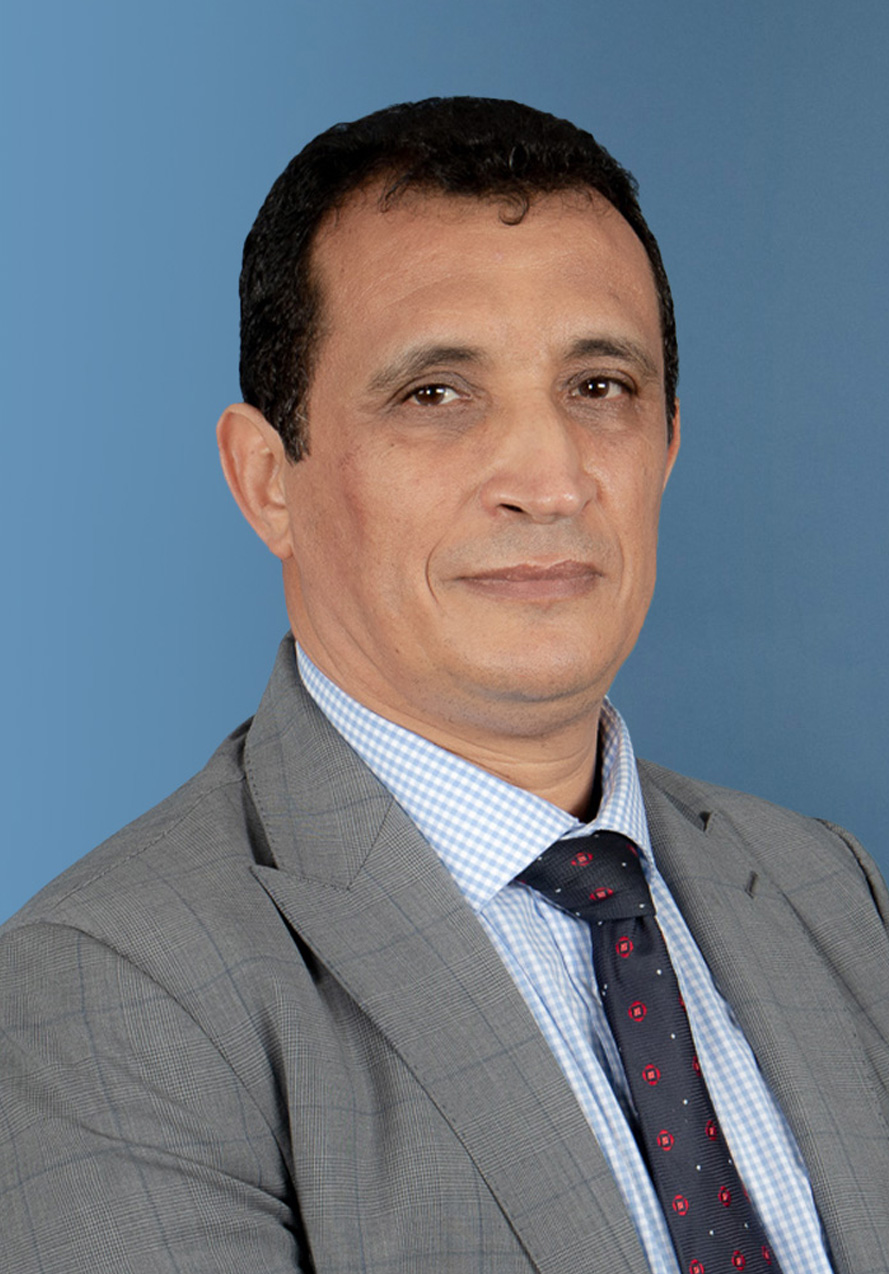La mondialisation face au défi du COVID-19 - Interview de Ghazi Ben Ahmed par Rachid El Houdaigui
May 8, 2020
- COVID-19 crise mondiale ou mondialisation en crise ? - Quel sera l’impact sur la mondialisation? - Comment le Maroc et la Tunisie doivent se repositionner?
Speakers

Rachid El Houdaigui
Senior Fellow
Rachid El Houdaïgui is a Senior Fellow at the Policy Center for the New South and an Affiliate Professor at Mohammed VI Polytechnic University. He also serves as a professor of International Relations at Abdelmalek Essaadi University's Law Faculty in Tangier. His expertise encompasses international relations, geopolitics, defense and security, focusing on the Mediterranean region, North Africa, and the Arab world. He also serves as a professor at the Royal College of Advanced Military Studies in Kenitra and is a visiting professor at Cergy-Pontoise University (Paris), Cadiz University (Spain), and La Sagesse University (Beirut, Lebanon).
He is the founder of the Moroccan-Spanish review "Peace and International Security" and oversees the Observatory of Mediterranean Studies ...




